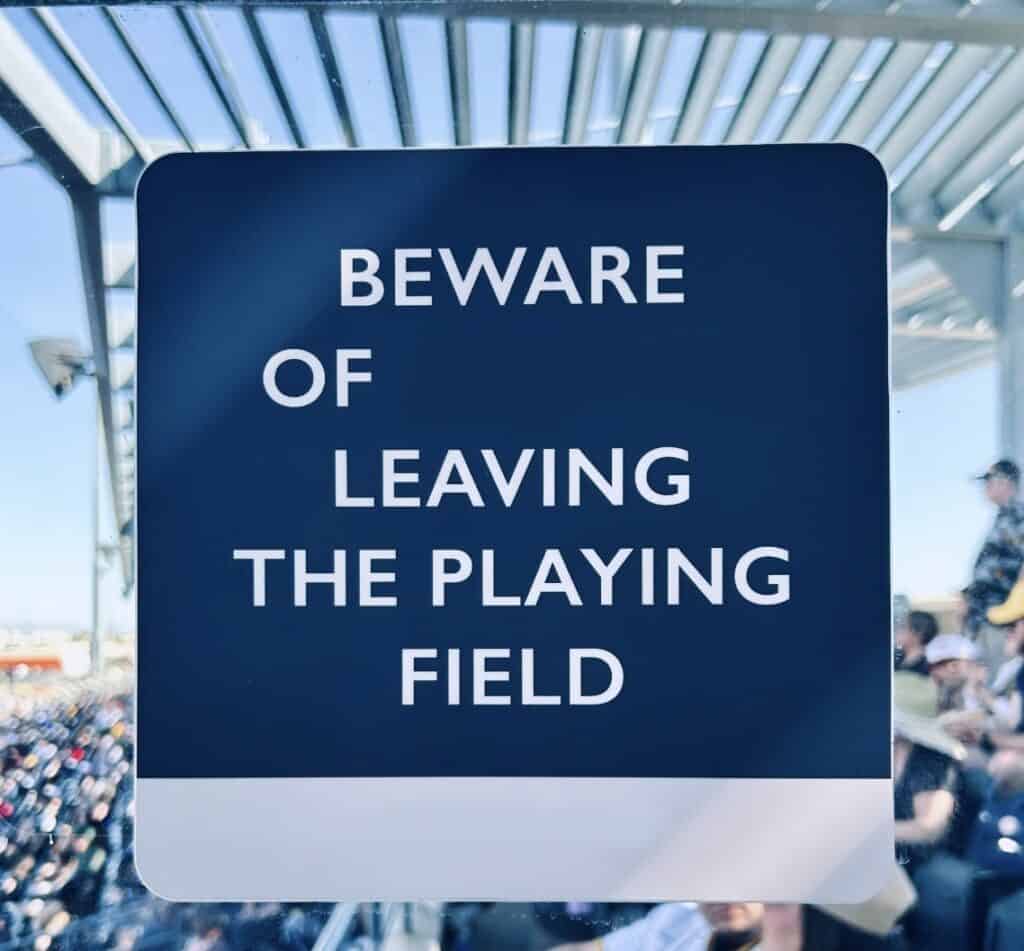These ideas keep me grounded as the world speeds up

Follow the trail long enough
Margaret Atwood doesn’t begin with a master plan.
She starts her novels with something small—an image, a voice, a scene—and lets the structure emerge as she writes.
She wrote two sections of her book Surfacing five years before writing the rest. To know everything in advance, she says, would be “too much like paint-by-numbers.”
Still, many writers, especially early on, try to leap ahead—writing too quickly, aiming for clarity too soon. But that’s a trap. “Rushing through writing is like rushing through life,” Louise DeSalvo has said.
Instead of sprinting to the finish, the best work often comes from moving slowly, clue by clue. “How long are we willing to wait to develop our most singular work?” DeSalvo asks. “Or rather, how long are we willing to work? Are we stopping short of when our work begins to sing its true song? . . . If it took Matisse seven years, or Eugenides nine, why do we expect important work from ourselves in, say, a year or even two?”
She recalls how her early drafts felt “constrained and safe.” Her characters were one-dimensional, the settings vague, the story overly linear. But she kept going. “Dissatisfied though I may be, it’s essential to continue working,” she writes, “for it’s only near the end of the process that I develop my singular voice.” She admits that it isn’t until her eleventh draft that she finally knows what she’s doing with a book.
It doesn’t have to be good right away. Just get started. Let the work simmer. Let it surprise you.
Because if we give ourselves time—if we follow the trail long enough—“we, too, might create a singular, authentic, powerful work of art.”
Well, sometimes that’s exactly the right method
Like Atwood, Thomas Edison didn’t start out with a grand plan.
Edison’s creation of the commercially viable lightbulb was the culmination of small discoveries. He followed those discoveries—trusting they would lead somewhere, even if he didn’t yet know where. As David McCullough often stressed, the people we read about in history had no idea how things would turn out. When we read history, we’re not reading people’s past so much as we’re reading what they were presently living.
In 1878, others were experimenting with incandescent light. “But [Edison],” Ryan Holiday writes, “was the only [person] willing to test six thousand different filaments—including one made from the beard hair of one of his men— inching closer each time to the one that would finally work.”
His success had little to do with intellect and everything to do with persistence.
“Nikola Tesla, who spent a frustrating year in Edison’s lab during the invention of the lightbulb, once sneered that if Edison needed to find a needle in a haystack, he would ‘proceed at once’ to simply ‘examine straw after straw until he found the object of his search.’ Well, sometimes that’s exactly the right method…”
While others despaired, Edison worked. He wouldn’t rush. He would trust the process. And he did it all without the hindsight of knowing how things would turn out.
No one will ask how long it took
George Pocock, the builder behind the world’s finest racing shells, was, as Daniel James Brown writes, “all but born with an oar in his hand.” Boatbuilding ran in his blood—both grandfathers were competitive boatbuilders, and his father built racing shells for Eton College. George carried that legacy forward, blending deep knowledge with an unmatched devotion to craftsmanship. At the peak of his career, he was supplying racing shells to nearly every elite crew program in the country—including the University of Washington, whose team shocked the world with their win at the 1936 Berlin Olympics.
What set his shells apart was the patience and care he put into them. Pocock refused to rush, remembering his father’s words: “No one will ask you how long it took to build; they will only ask who built it.”
A student in a hurry learns the slowest
This is one of my favorite anecdotes in the phenomenal book Wisdom Takes Work:
“There is a story about a samurai warrior named Banzo, who sought an education in a hurry so that he could impress his father. Told by a great teacher that mastery would take ten years, he was aghast.
‘I can’t wait that long. What if I work extra hard?’
‘OK,’ the master said. ‘Thirty years.’
‘But I will do whatever it takes to make it go faster,’ Banzo pleaded.
‘In that case,’ the master said, ‘it shall take seventy years. A student in a hurry learns the slowest.’”

